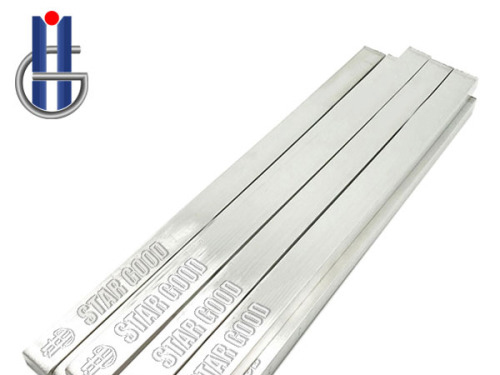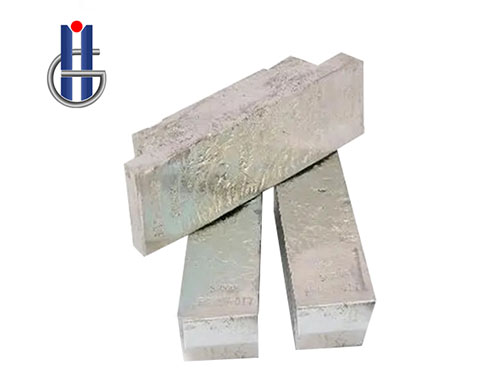Pure tin bars, prized for their exceptional purity and malleability, are essential components in various industries, ranging from electronics to metallurgy. In this article, we delve into the versatile applications and advantages of pure tin bars, highlighting their significance in modern manufacturing processes.
High Purity:
Pure tin bars are characterized by their high level of purity, typically exceeding 99.9%. This purity level ensures superior quality and consistency in the properties of the tin, making it suitable for critical applications where precision and reliability are paramount
Electrical Conductivity:
Tin is renowned for its excellent electrical conductivity, making pure tin bars indispensable in the electronics industry. Pure tin is used extensively for coating electrical components, such as connectors, terminals, and circuit boards, to enhance conductivity and prevent corrosion, ensuring optimal performance and longevity of electronic devices.
Soldering Applications:
Pure tin bars are widely used in soldering applications due to their low melting point and excellent wetting properties. Tin-based solders, composed primarily of tin with small amounts of other metals such as lead or silver, are used for joining electronic components, plumbing fixtures, and metalwork assemblies. Pure tin bars serve as the primary source material for manufacturing high-quality solder alloys, providing reliable and durable connections in various industries.
Food Packaging:
Tin is approved by regulatory authorities for use in food packaging due to its inertness and resistance to corrosion. Pure tin bars are employed for coating food cans and containers, providing a protective barrier that prevents interactions between the metal and the contents, ensuring food safety and extending shelf life.
Metallurgical Applications:
Pure tin bars are utilized in metallurgical processes for alloying with other metals to enhance their properties. Tin alloys, such as bronze and pewter, exhibit improved strength, ductility, and corrosion resistance, making them suitable for a wide range of applications, including bearings, bushings, and decorative items.
Environmental Sustainability:
Tin is a highly sustainable material, as it can be recycled indefinitely without loss of quality. Pure tin bars contribute to circular economy initiatives by serving as a valuable feedstock for the production of recycled tin and tin alloys. Recycling pure tin reduces the need for virgin ore extraction, conserves natural resources, and minimizes environmental impact, making it an eco-friendly choice for manufacturers and consumers alike.
In conclusion, pure tin bars are versatile materials with diverse applications across multiple industries, including electronics, soldering, food packaging, metallurgy, and more. Their high purity, excellent conductivity, and environmental sustainability make them indispensable in modern manufacturing processes, driving innovation and enabling the development of advanced technologies. As demand for sustainable materials continues to rise, pure tin bars are poised to play a crucial role in shaping the future of industry and commerce.

 Lead Bar for Sale: Uses, Specifications, and Buying Considerations
Lead Bar for Sale: Uses, Specifications, and Buying Considerations
 Exploring the Versatile World of Tin Wire Products: A Comprehensive Overview
Exploring the Versatile World of Tin Wire Products: A Comprehensive Overview
 Spot Tin Ingots: Insights into Market Dynamics, Applications, and Global Trade Trends
Spot Tin Ingots: Insights into Market Dynamics, Applications, and Global Trade Trends